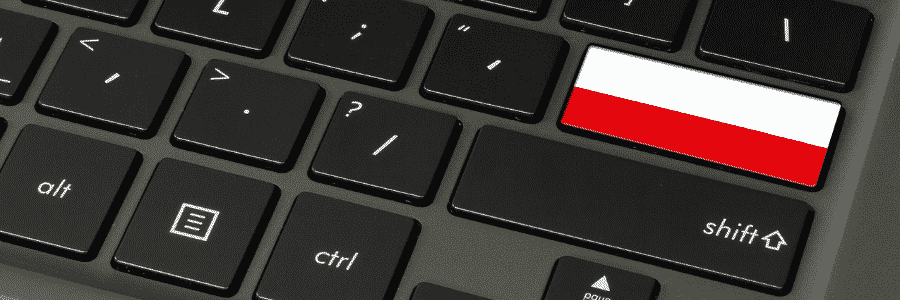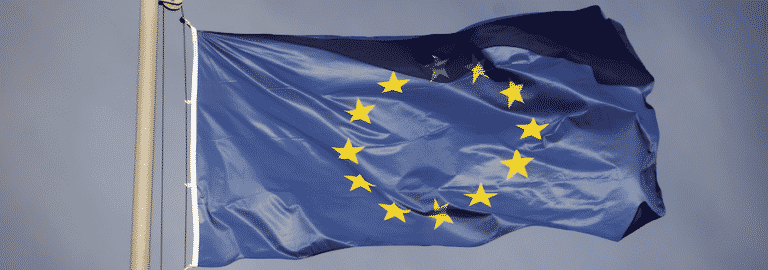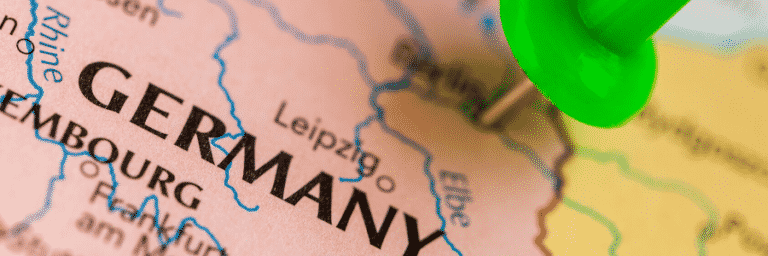Unlicensed Operators Account for Majority of Polish Online Gambling Market

Polish regulators are having a hard time channeling gamblers away from black market operators and onto regulated gambling sites according to recent figures from the Polish Supreme Audit Office (NIK).
A report recently published by the NIK has found illegal gambling operators still account for 51% of the Polish gambling market despite amendments made to the Gambling Act of 2016 designed to better regulate the industry.
The report concludes that although there has been progressing in curtailing illegal gambling operations, unlicensed online betting sites still do more business in Poland than licensed operators.
State Monopoly Yields Mixed Results
Amendments to the Gambling Act of 2016 came into effect in 2017 and established a state monopoly on certain forms of gambling. Totalizator Sportowy, owned and operated by the Polish Treasury, is the sole legal provider of online casino games and real-world slots located in locations other than casinos.
Online sports betting is still open to competition among licensed providers, but high taxes have scared some of the largest international betting sites out of the market. As iGaming Business reports, a 12% tax on turnover generated by licensed online sports betting sites was introduced in April 2017.
Bet365, Unibet and William Hill have all opted to either leave the market or have been added to the country’s ever-growing blacklist of unlawful gambling domains. As of today, a grand total of 7,164 websites have been added to the blacklist.
The NIK reports these reforms have yielded mixed results from the government’s point of view.
Poland’s gambling reforms have been successful in growing the overall gambling market, including a 600% increase in the total amount wagered with licensed operators.
This continues a multi-year trend of licensed operators slowly gaining market share relative to unlicensed betting sites. The NIK report notes legal Polish betting sites commanded a market share of just 16.1% in 2015, 39.5% in 2017 and 49.2% in 2018.
On the other hand, the value of the illegal market has also grown despite losing market share. Over the same period noted above, the total value of wagers placed via unlicensed betting sites grew by 42%. Business has been good for legal and illegal operators alike.
Poland has also achieved mixed but promising results in terms of tax revenue generated since the new gaming laws took effect. Tax revenue rose a bit in 2018 but fell short of government projections.
However, the government has reasons to be optimistic. For one, the growth in total gambling tax revenue was positive despite significant delays in rolling out slot machines at locations outside casinos. This did not happen until June 2018.
Delays in launching TotalCasino.pl and iLotto.pl until December 2018 further dampened tax revenue. Tax revenue figures from state-authorized online casino operators should improve dramatically now that they are fully operational.
NIK Wants Additional Powers to Target Illegal Gambling Sites
The NIK also stated in its report that enforcement efforts against unlicensed gambling sites have also achieved mixed results.
Although the blacklist of illegal gambling websites has grown dramatically and more than 32,000 illegal slot machines were seized between April 2017 and October 2018, there remains a large underground gambling economy.
Enforcement actions against illegal slot machines continue, but the NIK notes foreign gambling websites remain a challenging issue to tackle.
The NIK report explains that although telecommunications companies and payment processors are ordered to block access to betting sites on the blacklist, many have failed to take action despite being ordered to do so by the Ministry of Finance.
The NIK also notes “clone domains” present additional challenges. So-called clone domains are essentially identical to websites on the blacklist but operate on different domains and therefore escape the blacklist and remain accessible to Polish players.
Additionally, legal enforcement against foreign websites remains difficult even when properly identified. Polish authorities have little-to-no recourse against betting sites located in other countries. However, the NIK notes that local law does make it possible to punish Polish players who access foreign gambling sites, even if those sites are located in jurisdictions in which those sites are “completely legal.”
The NIK now asks for the Ministry of Finance to be given more authority to ensure telecommunications companies and payment processor comply with blocking orders targeting blacklisted domains. The NIK also suggests further monitoring of clone domains and shortening the amount of time it takes to add new domains to the blacklist.
Despite these issues, the NIK paints an optimistic picture by referring repeatedly to the fact that legal betting sites have gained significant market share in recent years.

Wes Burns has more than a decade’s worth of experience as a writer, researcher, and analyst in the legal online betting industry and is co-founder of OnlineBettingSites.com. Wes approaches his work from the viewpoint of players.




